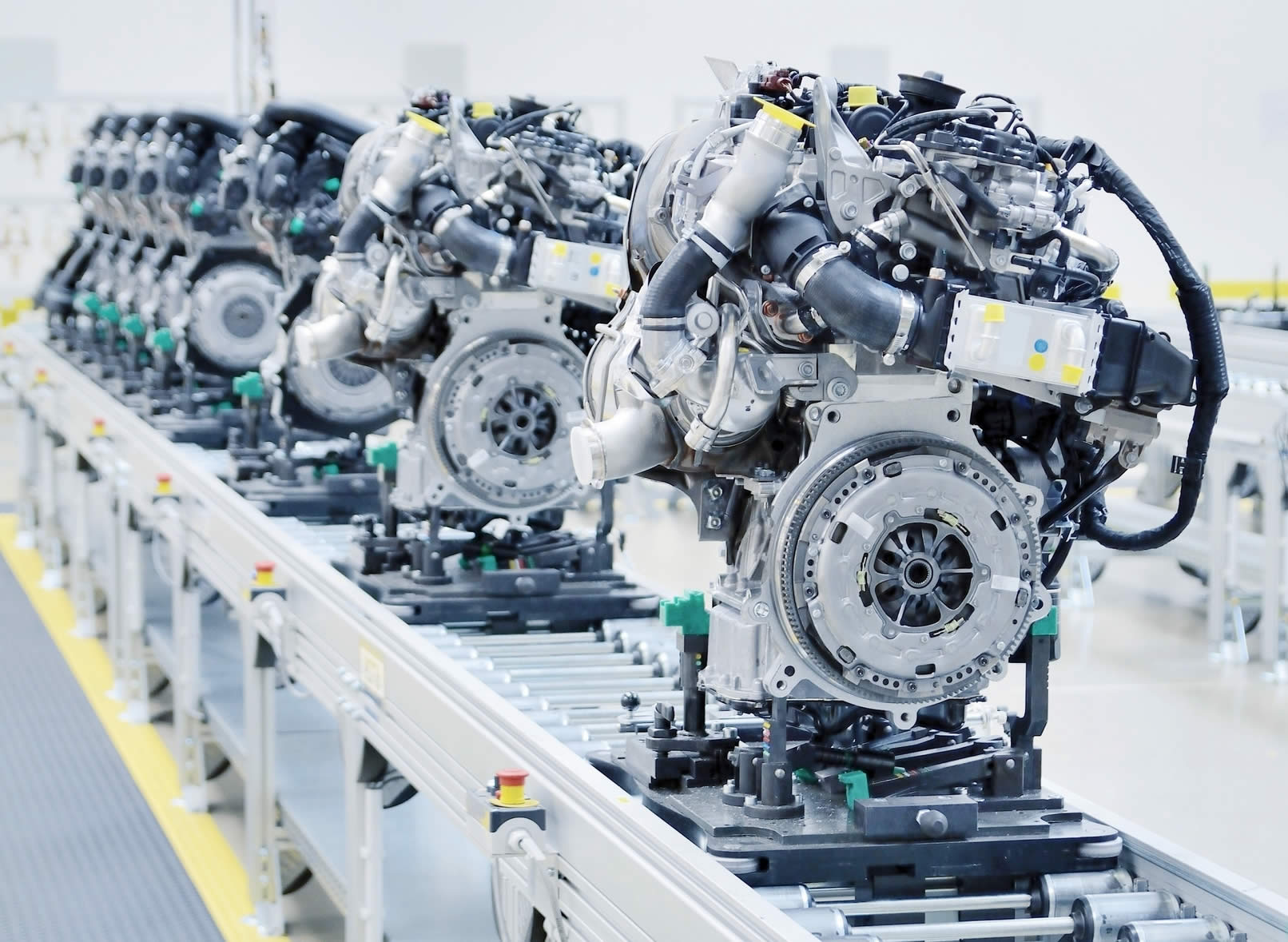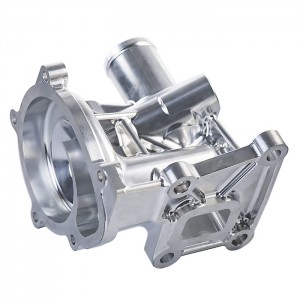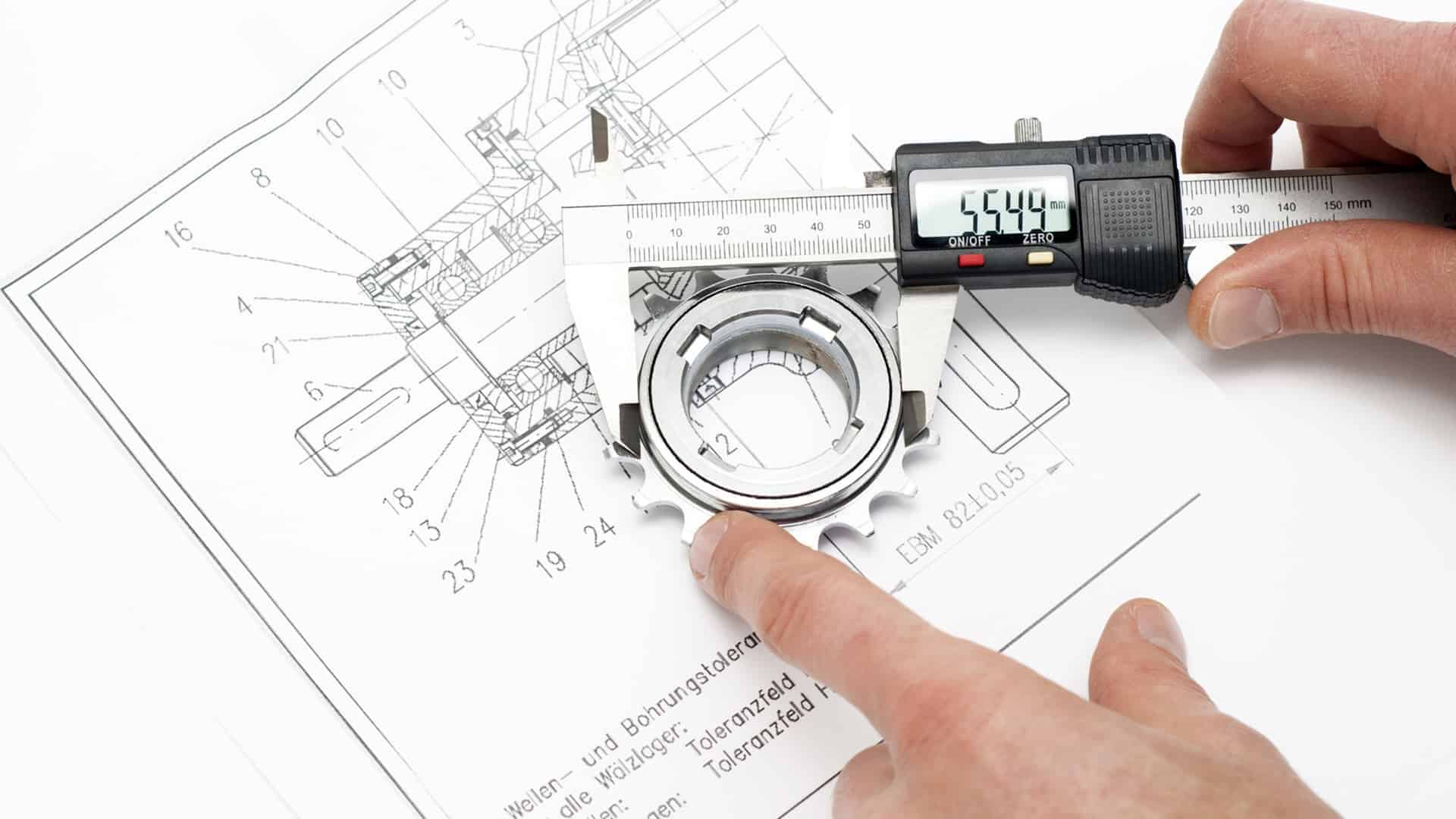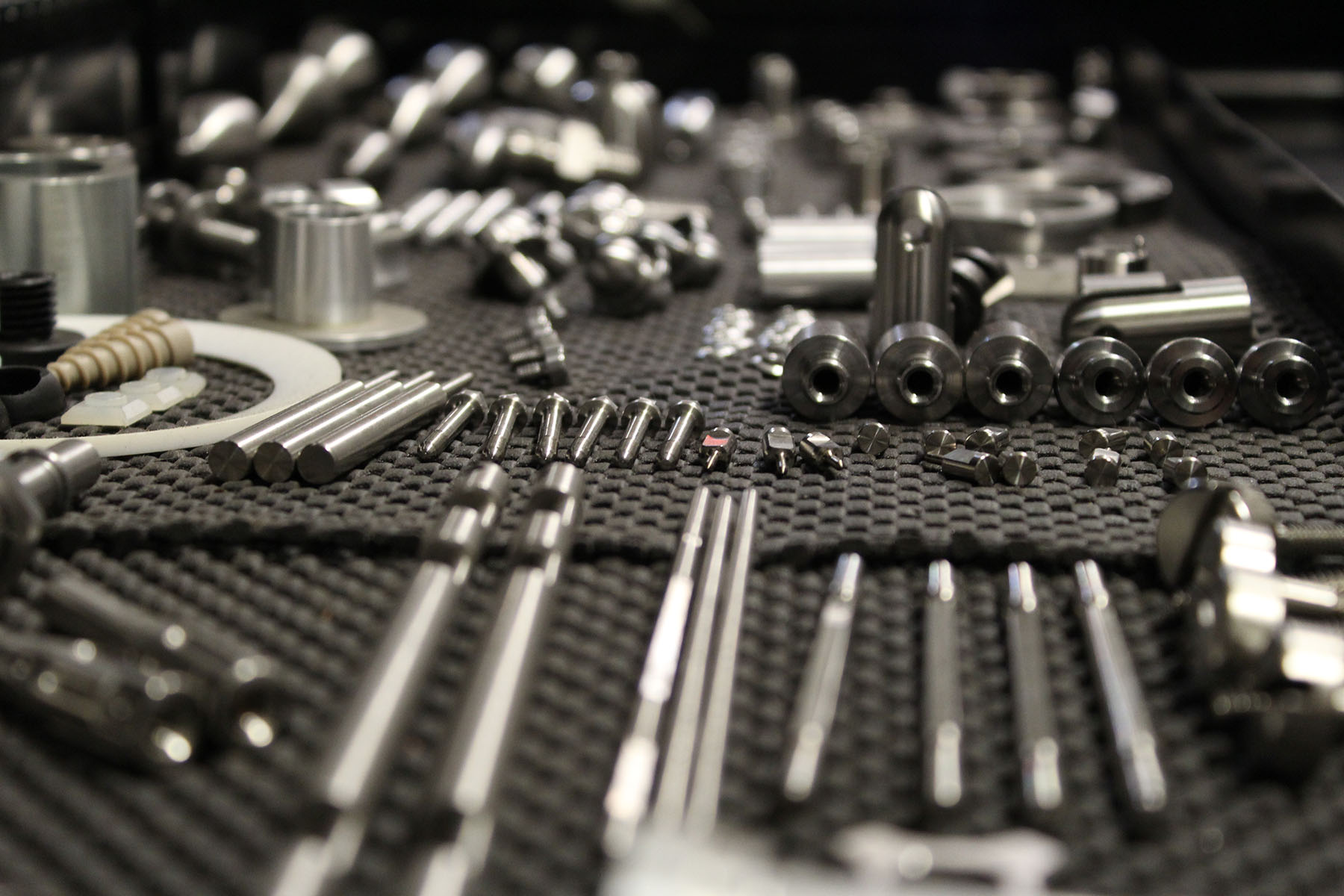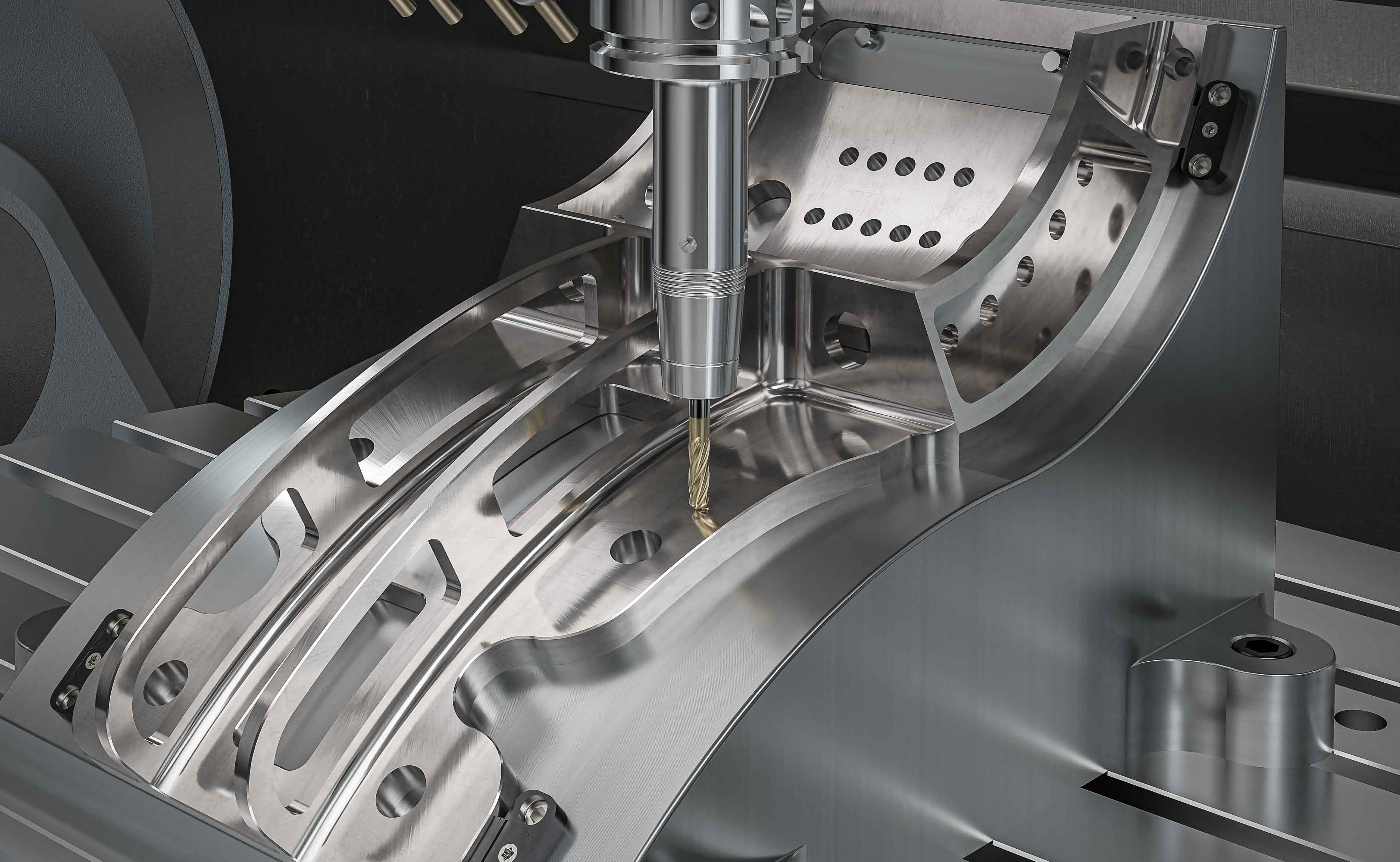In the fast-paced world of automotive manufacturing, innovation and efficiency are key. Custom CNC parts are revolutionizing the industry, offering a multitude of advantages that traditional manufacturing methods simply cannot match. From enhanced performance and design flexibility to cost-effectiveness and sustainability, CNC machining is transforming the way automotive parts are produced.
In this comprehensive guide, we’ll delve into the world of custom CNC parts in the automotive industry, exploring the following key topics:
* Improved Performance and Efficiency: Discover how CNC-machined parts can optimize vehicle performance, reduce weight, and enhance fuel efficiency.
* Enhanced Design Flexibility: Unleash the design freedom and customization possibilities offered by CNC machining, enabling unique and innovative automotive components.
* Precision and Accuracy: Explore the exceptional precision and accuracy of CNC parts, ensuring consistent quality and minimizing errors.
* Cost-Effective Production: Analyze the cost-effectiveness of CNC machining for automotive parts, considering factors like material selection, production volume, and lead times.
* Material Versatility: Discover the wide range of materials suitable for CNC machining, including metals, plastics, and composites, and their impact on part properties.
* Rapid Prototyping and Iteration: Learn how CNC machining accelerates prototyping processes, enabling quick design iterations and reducing time-to-market.
* Complex Geometries and Intricate Designs: Witness the ability of CNC machining to create complex geometries and intricate designs that are difficult or impossible to achieve with traditional methods.
* Reduced Assembly Time: Explore how custom CNC parts can simplify assembly processes, reduce the number of components required, and improve overall production efficiency.
* Durability and Reliability: Understand the exceptional durability and reliability of CNC-machined parts, ensuring long-term performance and reducing maintenance costs.
* Sustainability and Environmental Impact: Uncover the potential environmental benefits of using CNC machining for automotive parts, such as reduced material waste and energy consumption.
1. Improved Performance and Efficiency:
Custom CNC parts can significantly enhance vehicle performance and efficiency. By optimizing the design and manufacturing process, CNC-machined components can reduce weight, improve aerodynamics, and enhance engine performance. For example, lightweight CNC-machined aluminum parts can replace heavier steel components, resulting in better fuel efficiency and handling. Additionally, CNC-machined parts can be designed with intricate features that improve airflow and reduce drag, leading to increased performance and efficiency.
2. Enhanced Design Flexibility:
CNC machining offers unparalleled design flexibility, allowing engineers and designers to create unique and innovative automotive components. With CNC machining, complex geometries, intricate details, and customized features can be easily incorporated into the design. This freedom enables the development of parts that are not only functional but also aesthetically pleasing. CNC machining also allows for rapid design iterations, making it easier to explore different design concepts and optimize the final product.
3. Precision and Accuracy:
CNC machining is renowned for its exceptional precision and accuracy. CNC machines are computer-controlled, ensuring consistent and repeatable part production. This precision is crucial in the automotive industry, where tight tolerances and strict quality standards are essential. CNC-machined parts meet these stringent requirements, reducing the risk of errors and ensuring the proper fit and function of components.
4. Cost-Effective Production:
Contrary to popular belief, CNC machining can be a cost-effective manufacturing method, especially for complex parts or small batch production. While the initial investment in CNC machinery may be high, the long-term cost savings can be significant. CNC machining eliminates the need for expensive tooling and reduces labor costs associated with traditional manufacturing methods. Additionally, CNC machining minimizes material waste and allows for efficient production scheduling, further reducing costs.
5. Material Versatility:
CNC machining is compatible with a wide range of materials, including metals, plastics, and composites. This versatility allows manufacturers to select the most suitable material for each application, considering factors such as strength, weight, durability, and cost. The ability to machine different materials also opens up possibilities for innovative material combinations and hybrid parts.
6. Rapid Prototyping and Iteration:
CNC machining is ideal for rapid prototyping, enabling engineers and designers to quickly produce physical prototypes for testing and evaluation. This significantly reduces the time and cost associated with traditional prototyping methods. CNC machining also facilitates rapid design iterations, allowing for quick modifications and improvements to the prototype. This iterative process leads to optimized designs and faster time-to-market.
7. Complex Geometries and Intricate Designs:
CNC machining excels at creating complex geometries and intricate designs that are difficult or impossible to achieve with traditional manufacturing methods. CNC machines can produce parts with tight tolerances, smooth surfaces, and intricate features. This capability is particularly valuable for the automotive industry, where components often have complex shapes and require precise manufacturing.
8. Reduced Assembly Time:
Custom CNC parts can simplify assembly processes and reduce the number of components required. By integrating multiple features into a single CNC-machined part, manufacturers can eliminate the need for multiple parts and fasteners. This streamlined approach reduces assembly time, improves production efficiency, and enhances the overall quality of the final product.
9. Durability and Reliability:
CNC-machined parts are known for their exceptional durability and reliability. The precision and accuracy of CNC machining ensure consistent part quality and minimize the risk of defects. Additionally, CNC-machined parts are often made from high-quality materials that can withstand harsh operating conditions. This durability and reliability are critical in the automotive industry, where components are subjected to extreme stress and demanding environment
CNC machining can have a positive impact on sustainability and the environment. By minimizing material waste and reducing energy consumption, CNC machining contributes to a more sustainable manufacturing process. Additionally, CNC machining enables the use of lightweight materials, which can improve fuel efficiency and reduce emissions in vehicles.
Overall, custom CNC parts offer numerous advantages in the automotive industry, ranging from improved performance and design flexibility to cost-effectiveness and sustainability. By leveraging the capabilities of CNC machining, manufacturers can produce high-quality, innovative, and reliable automotive components that meet the demands of the modern automotive industry.
Post time: Jan-22-2024


